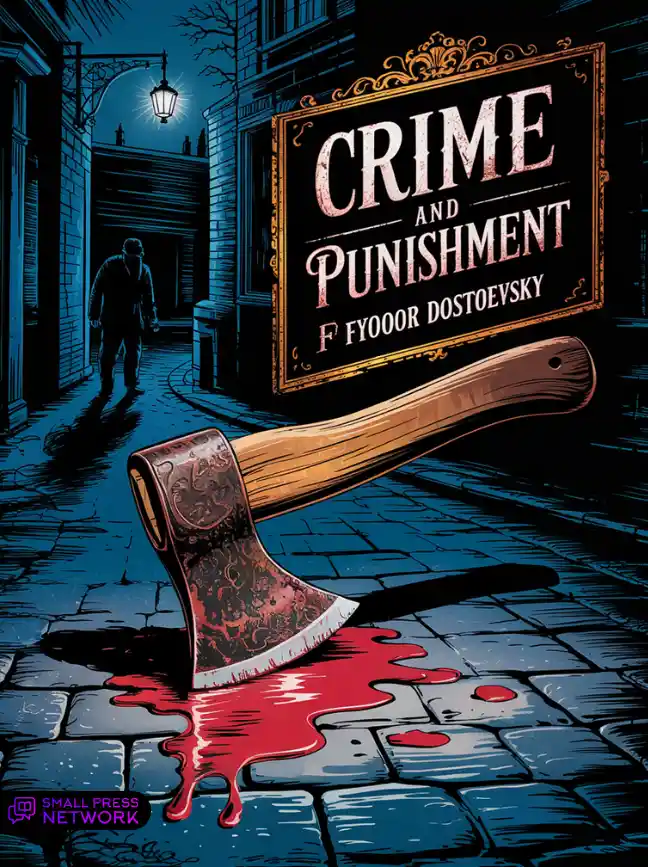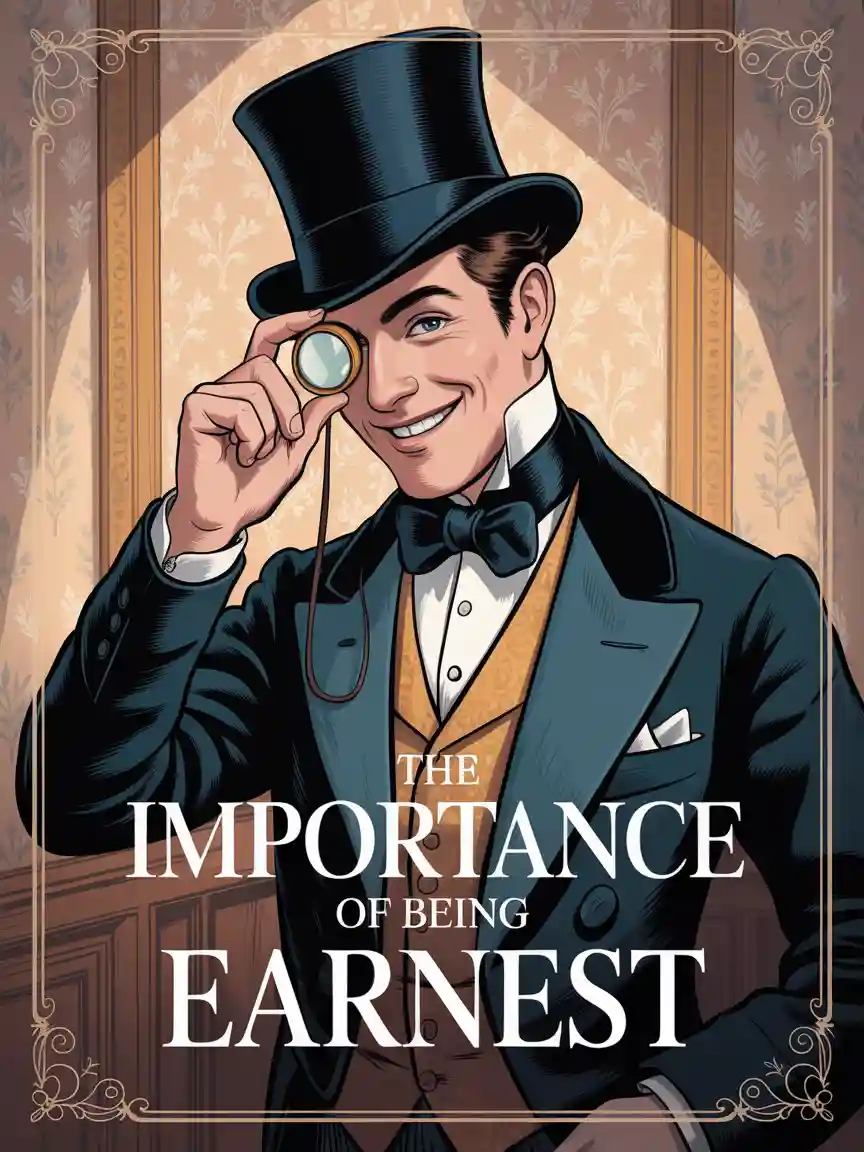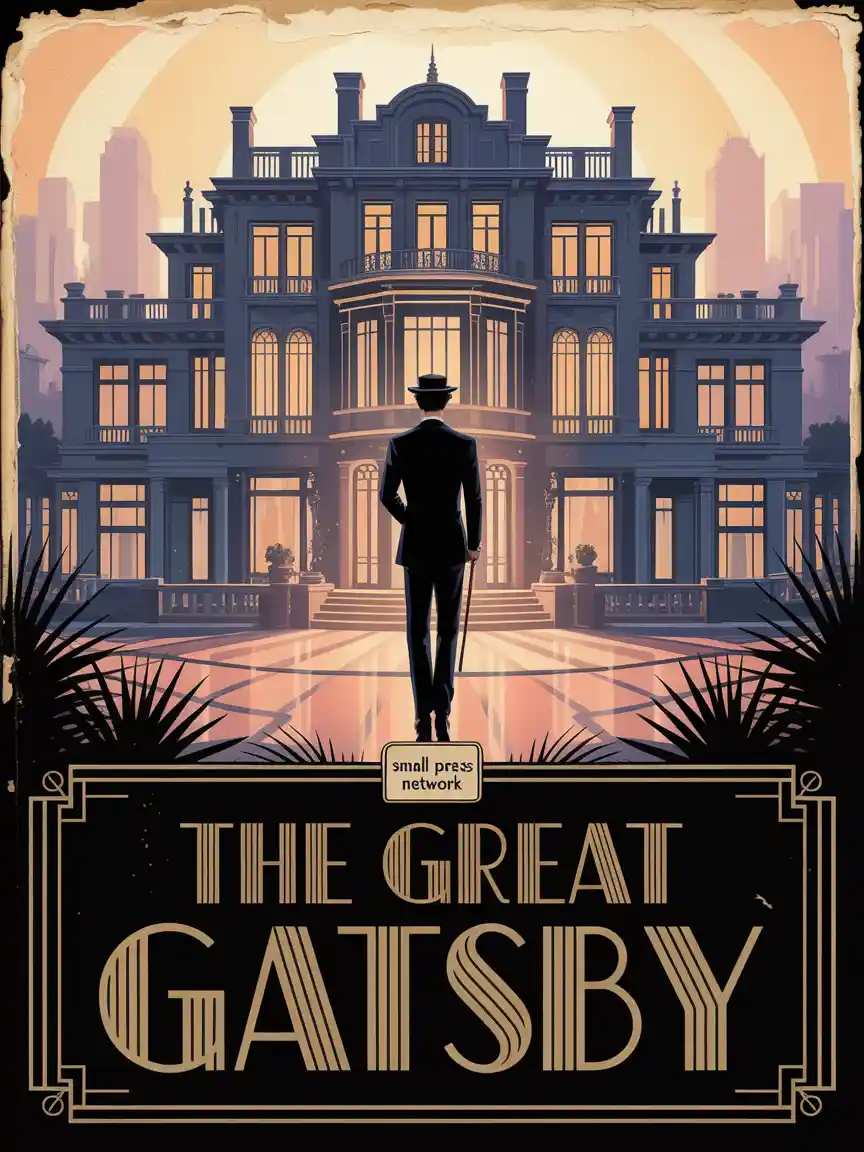(Aemilia remains behind.)
Aemilia (unfolding the handkerchief.) I am glad I found this handkerchief; it was the first gift she received from the Moor. My queer husband has already given me a hundred good words to steal it. But she loves it so much (for he swore she would always keep it in remembrance of him) that she always carries it about with her to kiss and chat with. I will copy the tear from the embroidery and then give it to Iago. What he will do with it, Heaven knows, not I: I have nothing in it but to gratify his fancy. (Enter Iago.)
Jago.
How are things? What are you doing here alone?
Aemilia.
Don’t insult me; I have something for you.
Jago.
You have something for me? It’s something mean—
Aemilia.
How?
Jago.
To have a foolish wife.
Aemilia.
Oh, is that all? What will you give me for this handkerchief?
Jago.
What kind of handkerchief?
Aemilia. What handkerchief?—Like the one the Moor gave Desdemona; the one you’ve been telling me to steal for so long.
Jago.
Did you steal it from her?
Aemilia.
No; but she accidentally dropped it, and luckily, I
was there, so I picked it up. Look, there it is.
Iago.
You are a good man; give it to me.
Aemilia. What will you do with it, that you so earnestly want me to steal it?
Jago.
What, what’s that to you?
Aemilia. If it’s not important for some purpose, give it back to me. Poor woman! She’ll go mad if she doesn’t have it.
Jago. Don’t pretend you know anything about this. I need it. Go, leave me alone—
(Aemilia leaves.)
Now I will leave this handkerchief in Cassio’s quarters and let him find it. The poorest trifles are as strong confirmations for jealous people as proofs from the Bible. This thing may be good for something. The poison I gave the Moor is already beginning to work on him. Suspicious imaginations are indeed the nature of poison, which at first can hardly be recognized by taste, but as soon as it passes into the blood, it burns like a sulphur mine—that’s what I said!





